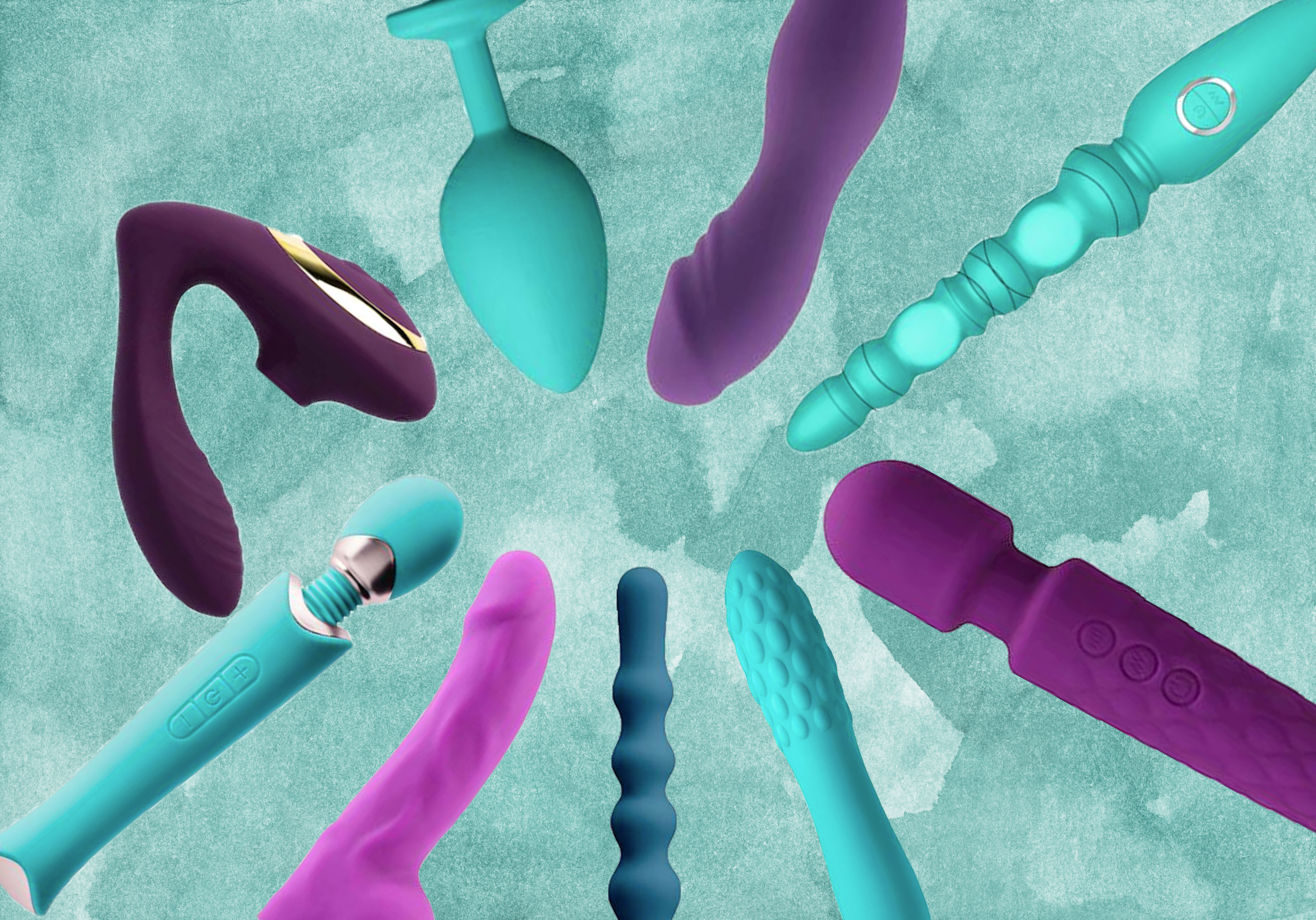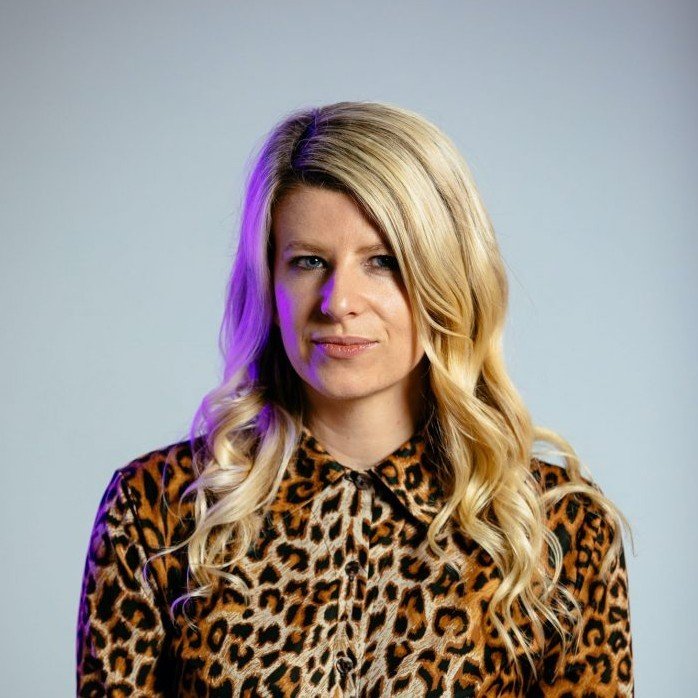
The contraceptive education gap affecting Māori and Pacific women
A recent Ministry of Health report based on 2014/2015 health survey data found that sexually active Māori and Pacific women were less likely to have their contraceptive needs met than non-Māori and non-Pacific women. We spoke to Family Planning on what needs to change.
Research from 2016 exploring access to contraception among teenage Māori mothers highlighted the importance of improving communication about contraceptive options as a key aspect of ensuring equitable access to contraception, alongside improving access to services.
According to Family Planning’s 2020 Contraceptive Survey, there has been limited research about contraception use in New Zealand. A recent Ministry of Health report based on 2014/2015 health survey data found that oral contraceptives and condoms were the most common methods of contraception used by women, with LARC use very low. Sexually active Māori and Pacific women were less likely to have their contraceptive needs met than non-Māori and non-Pacific women.
Research from 2016 exploring access to contraception among teenage Māori mothers highlighted the importance of improving communication about contraceptive options as a key aspect of ensuring equitable access to contraception, alongside improving access to services.
According to Jackie Edmond, Chief Executive at Family Planning, the largest divide between Māori and Pacific women compared to their white counterparts is access to services.
“ While we didn’t have the capacity to analyse our [Family Planning 2020] survey data by ethnicity, we do know that many services still put barriers in place that make it difficult, certainly more difficult than it should be, for people to access the services they want.
Edmond says practices have to change and adapt to reflect cultural preference and to address the needs of their populations.
Family Planning as an organisation has spent the last 85 years embedding itself within wider communities in order to support and care for New Zealand’s sexual health across all ages and genders.
According to Edmonds, there are still ways Family Planning can improve their practices to increase their support to the Māori and Pacific community.
“We can reduce costs, extend and expand open hours, look at clinic locations that are more readily accessible and ensure we are culturally respectful and responsive.”
Another reason Māori and Pacific women may miss out on proper education can come down to tapu, or implied prohibition, which comes through often when discussing sexual health and wellness.
“What would make real and meaningful change for us now is for sexual and reproductive health to become more normalised,” says Edmond.
“I mean we talk about nothing else all day long, but we know that for many, there’s a discomfort when it comes to these issues which can prevent people getting the services and information they need.”
For Edmonds, she says normalisation is one of the biggest action points we can take as a community to encourage more people to seek out sexual health advice.
“When it comes to sexual health in general we can all do more to have those conversations and break down the stigma and the silence. This sentiment was reflected in many of our survey comments too – this one, was typical of many: “It needs to be free/cheap and with no stigma attached. It needs to be normalised.
Related Posts
Yoni Eggs: Are they worth the hype?
Do these internal weights stack up to the hype?
Kiwis turn to books for self-love this Valentine’s Day
Kiwis are more dedicated to self-love this Valentines Day
The Great Purple-Teal Sex Toy Conspiracy
Let’s dive into the murky, glittery waters of why your intimate gadgets are always purple or teal
Why the Savage x Fenty show was a win for Kiwi diversity
How Savage x Fenty is paving the way for Kiwis in the industry
Monogamish: The new relationship status you need to know
Exploring the pros and cons of Monogamish as a relationship state
Celebrating International Women’s Day: Emma Hewitt
Celebrating International Women's Day with Emma Hewitt
Yoni Eggs: Are they worth the hype?
Do these internal weights stack up to the hype?
Kiwis turn to books for self-love this Valentine’s Day
Kiwis are more dedicated to self-love this Valentines Day







